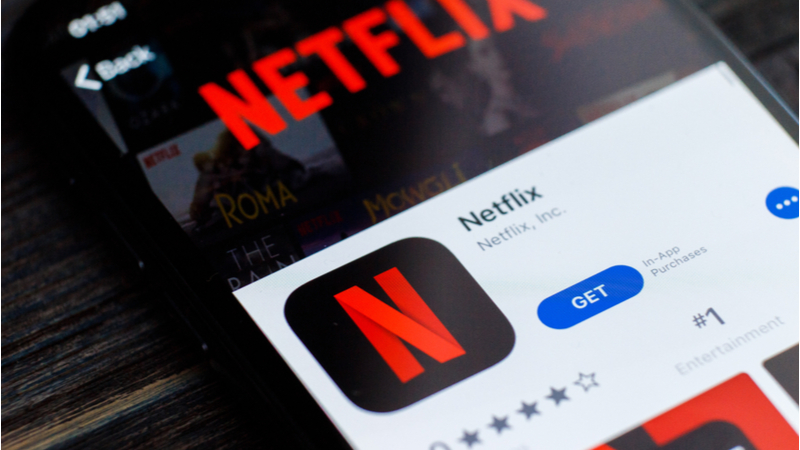The world’s largest subscription-based streaming service, Netflix, has reportedly lost some 200,000 subscribers in fewer than 100 days, as per a report issued by the company highlighting its first-quarter results.
Netflix also lost a quarter of its share value on Tuesday [April 19] after the company publicly revealed its “surprising” subscriber exodus. Shares were down by nearly 25 per cent to US$262 in after-market trades. This was also the first time in a decade that the company had lost subscribers.
The company ended the first quarter of this year with 221.6mn subscribers – which is slightly less than the numbers from the final quarter of 2021.
This came after a record two years for the company in 2020 and 2021 – in the heat of the COVID-19 pandemic – when people flocked to the streaming service provider – it seemed they could do no wrong.
The Silicon Valley technology company reported a net income of US$1.6bn in Q4 of 2021, compared to US$1.7bn in the same period a year earlier. Meanwhile, total revenues in the first three months of the year stood at US$7.8bn, which is up 9.8 per cent compared with the same period last year – though, profits were considerably lower than in previous quarters.
Why Are People Dropping Out Of The Service?
While Netflix speculates a sharp drop in subscribers in the coming months, with some 2mn on the verge of breaking contracts, they peg the nosedive to their exit from the Russian market amid the Ukraine-Russia conflict.
It is known that the company’s decision to exit Russia cost over 700,000 customers.
However, market analysts and experts state that Netflix could be traversing through a spiky road into 2022 and 2023 as rivals pose intense competition through fresh content and leaner pricing models, COVID-19 restrictions drop worldwide, and password sharing on the platform becomes illegal.
An earnings letter from Netflix read: “We’re not growing revenue as fast as we’d like.
“COVID-19 clouded the picture by significantly increasing our growth in 2020, leading us to believe that most of our slowing growth in 2021 was due to the COVID-19 pull forward.”
As it goes, over 600,000 people also cancelled subscriptions in the US and Canada after the company raised prices.
The Password Sharing Dilemma

Today could be a dark day for your best friend’s roommate.
But, before we elect a narrative, Netflix makes it clear that password sharing – even among family members – is clouding their business. The streaming giant estimates that nearly 100mn households (from a total of 221.6mn) are not paying for the streaming service.
As a BBC article states, Netflix believes that factors hampering its growth include the time it is taking for homes to get access to affordable broadband internet service and smart televisions, along with subscribers sharing their accounts with people not living in their homes.
Back in 2021, the company began testing ways to make money from people sharing accounts. This spawned a feature that lets subscribers pay slightly more to add other households; albeit, this hasn’t been reflected in Oman as yet.
Conclusion
Despite a peak in streaming trends and a boom in subscriptions for online services at the onset of the Coronavirus pandemic, analysts are now predicting that fatigue, coupled with rising costs is pulling back customers from online platforms.
While subscription trends remain largely obscured in Oman, a Telecommunications Regulatory Authority (TRA) report in 2020 revealed that Netflix subscribers from Oman peaked to the tune of 140 per cent from normal months in the first wave of the pandemic.
In the UK, households cancelled more than 1.5 million streaming subscriptions in the first three months of the year, with 38 per cent saying they wanted to save money – the highest level ever, according to research from market research firm Kantar.
* With inputs from Swathi Suresh






